Valuable waste: Building houses and roads from Ocean Plastic
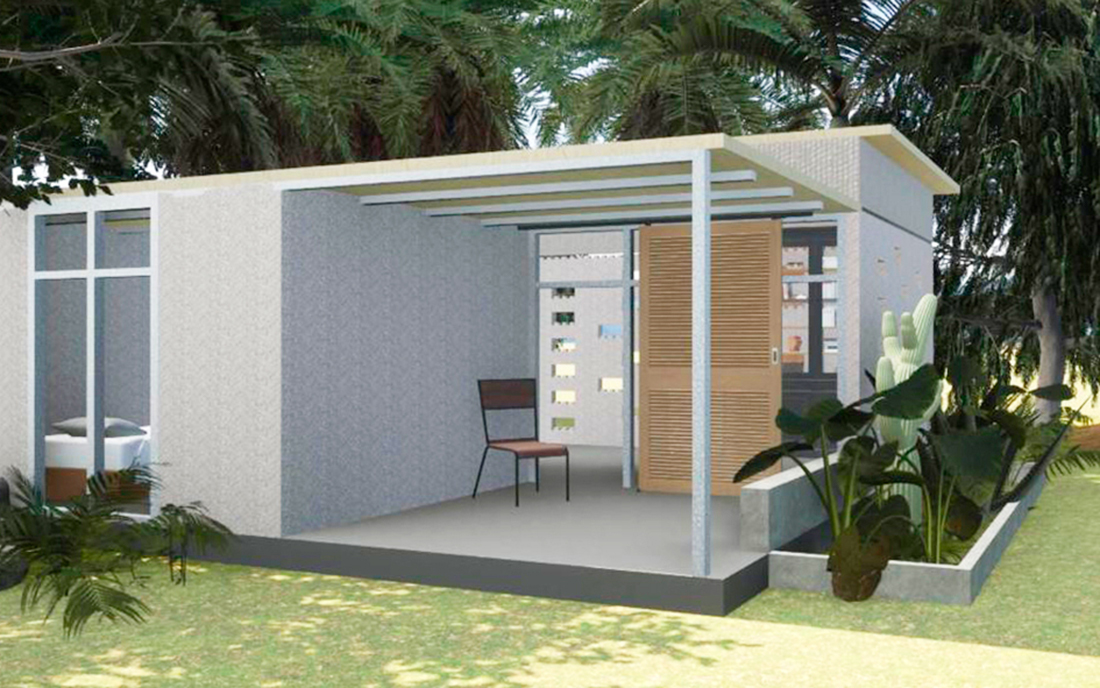
Collecting plastic waste on beaches, riverbanks or in communities faces a major problem: Most plastics are not recyclable. However, a number of start-ups are developing innovative concepts to turn the waste into valuable construction materials.
As of today, plastic accounts for 85 % of all marine litter. The United Nations’ Environmental Program (UNEP) estimates that the amount will nearly triple by 2040, adding 23-37 million metric tons of waste into the ocean per year – roughly 50 kg per meter of coastline. The challenge: Only a small fraction of the plastic which is collected from the ocean, beaches, river banks or in municipal landfills is recyclable. PET bottles are, but most composite plastics or plastic waste which degraded over time typically aren’t.
At the same time, the construction sector is one of the greatest emitters of CO2. A growing number of impact startups are combining the two areas: replacing concrete and other carbon-intense construction materials by new ones made out of ocean plastic and other plastic waste which to date has been classified as “non-recyclable”.
![]()
We are currently supporting a pioneering startup: Fish’N’Bricks – Buildings made from Ocean Plastic for island regions
The spin-off of the KIT University of Karlsruhe, Germany, develops a high-quality, low-tech approach to upcycling low-quality plastic waste into bricks for the construction sector. The target group are small island communities to which this technology provides an attractive alternative to simply burning waste (for energy recovery). The focus is therefore on small-scale production facilities tailored to the specific needs of island states who are struggling with an overflow of plastic waste. The bricks are designed and tested according to German safety and environmental standards. The team is planning their first pilot facility which is to be installed in Indonesia.
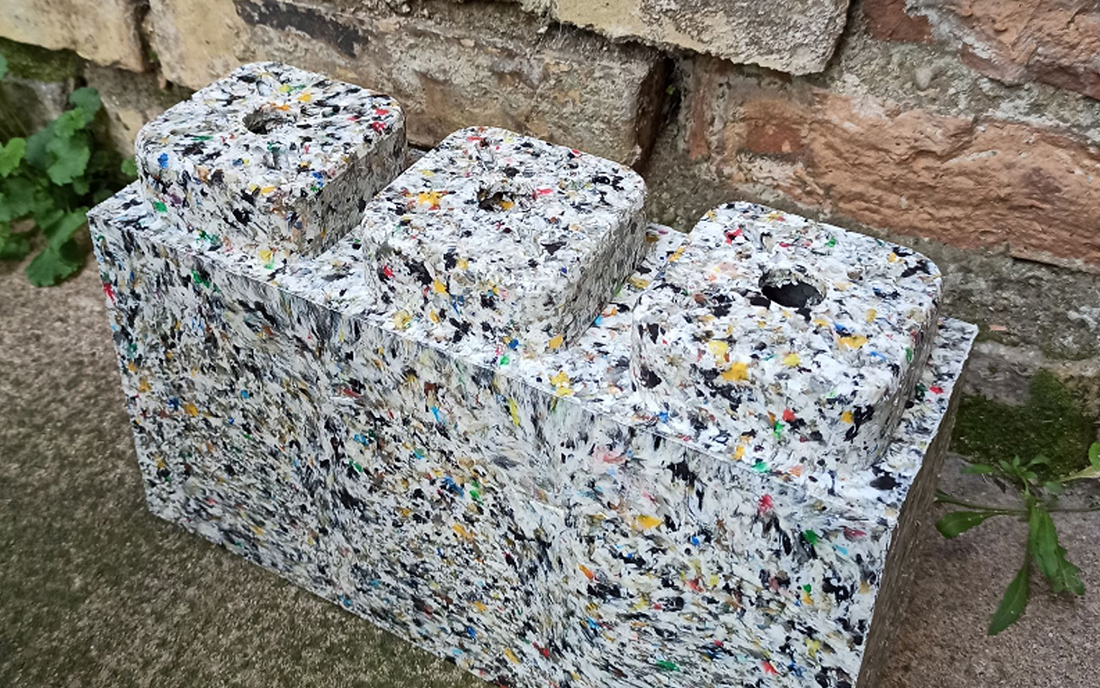

Conceptos Plasticos – Vom Abfall zur Unterkunft
The Colombian impact startup builds bricks made of 100 % recycled plastic, which are used to build houses, schools and industrial facilities. The founders are convinced that using plastic as the primary material, you do not only help mitigate the plastic waste problem. Because, on the contrary, you benefit from a better building material which is resistant to bacteria or fungi and which has a remarkable insulating power that minimizes the transmission of energy, heat, and fire. The company started producing their “Bricks & Blocks” in 2020 and have recycled 3000 tons of plastic since then
Innovative building materials linked to coastal ecosystems

BioMASON
BioMASON produces bricks using a process that mimics the way coral grows, using microorganisms to produce calcium carbonate that binds sand particles together. The company’s bricks are made without the need for high-temperature kilns, which reduces their carbon footprint.

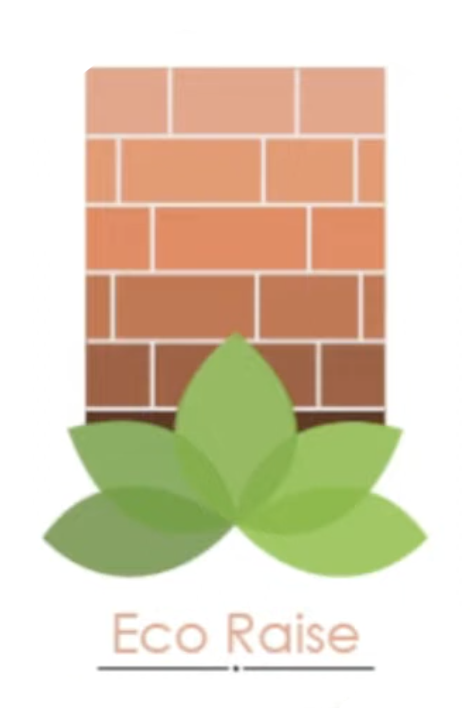
Eco Raise
Producing bricks from the shells of an invasive species which harms the mangrove forests at the Brazilian North Eastern coastline. It’s a small-scale social enterprise that developed this innovative win-win solution together with a local non-profit.
Paving roads with plastic waste
Turning plastic waste into bricks is just one solution. Other initiatives focus on using residual, non-recyclable municipal or ocean plastic waste for the construction of roads. Two leading companies in this field are from the UK (MacRebur) and the Netherlands (Plastic Road, now renamed in CirculinQ). In Jamshedpur, India, roads were built from a mixture of plastic and bitumen. In Indonesia, roads made of a plastic-asphalt mixture have been built in many areas. The startup GreenTile from Egypt started to produce paving stones from recycled plastic bags. 125 bags make one paving block. As a result, the startup has already been able to recycle 5 million bags. Their goal is to recycle 5 billion by 2025. The need is great: About half of all plastic waste in the Mediterranean Sea is likely to be from Egypt, according to the WWF.
The big question is: How to collect plastic waste?
Several companies work on a business model to finance beach, river or ocean cleanups:
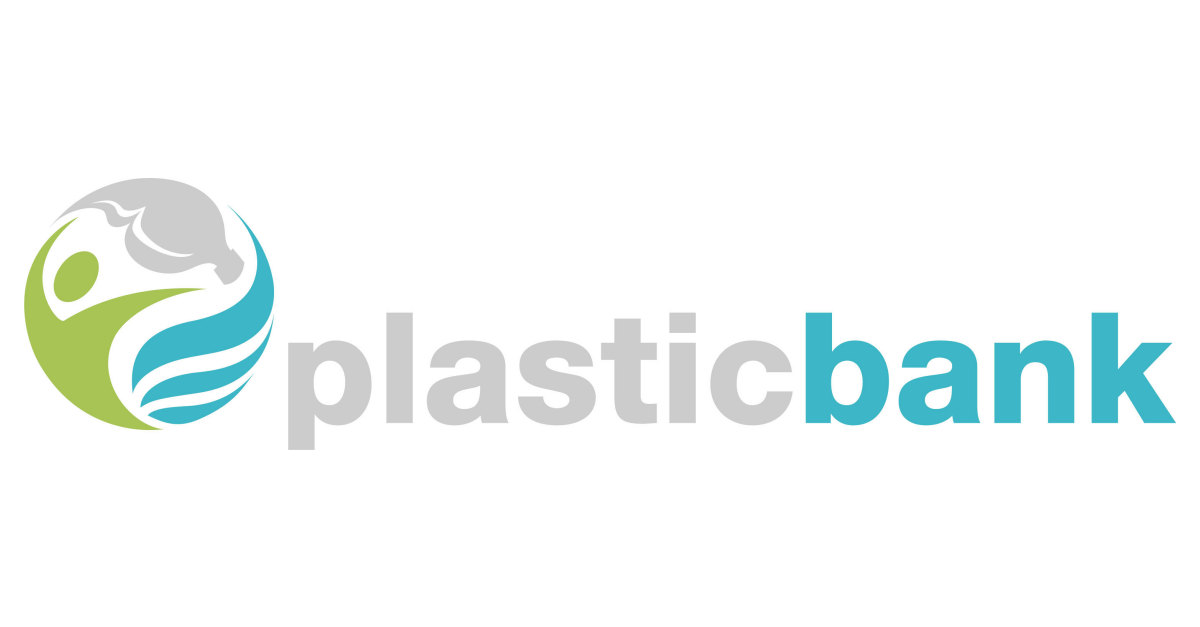
Plastic Bank
The Canadian non-profit organization pays locals to collect plastic waste and take it to collection points. The plastic is then recycled and sold to companies like Henkel at a premium that reflects the social benefit that comes with “social plastic.” The program has been very successful and has resulted in the collection of 81,000 tons of plastic. The limitations: The system only works for plastics that have a market value, such as PET bottles.

Plastic Fischer
The German startup focuses on stopping plastic waste before (!) it enters the sea. It develops floating fences to collect plastic from rivers. As the majority of collected waste is not recyclable, Plastic Fischer started to sell “plastic credits” to companies that want to become “plastic waste neutral.” It is a startup company that installed its first pilot trash boom in 2020. To date, it has already collected about 620 tons of plastic waste.
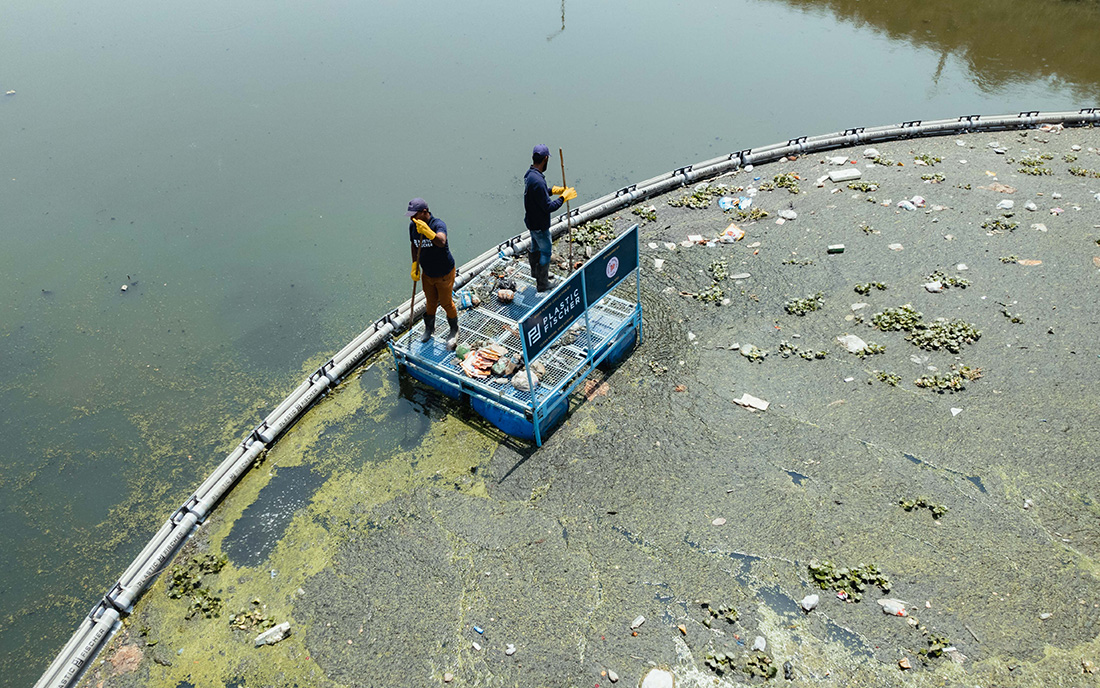
The schemes introduced in this article help to expand the opportunities to recycle the so-called “non-recyclable” plastics (which otherwise would have burned to at least recover energy) at a significant scale. There exist other companies which focus on a niche segment, e.g. to produce skateboards, sunglasses or clothes from recycled fishing nets.
MORE ABOUT THE PROJECT
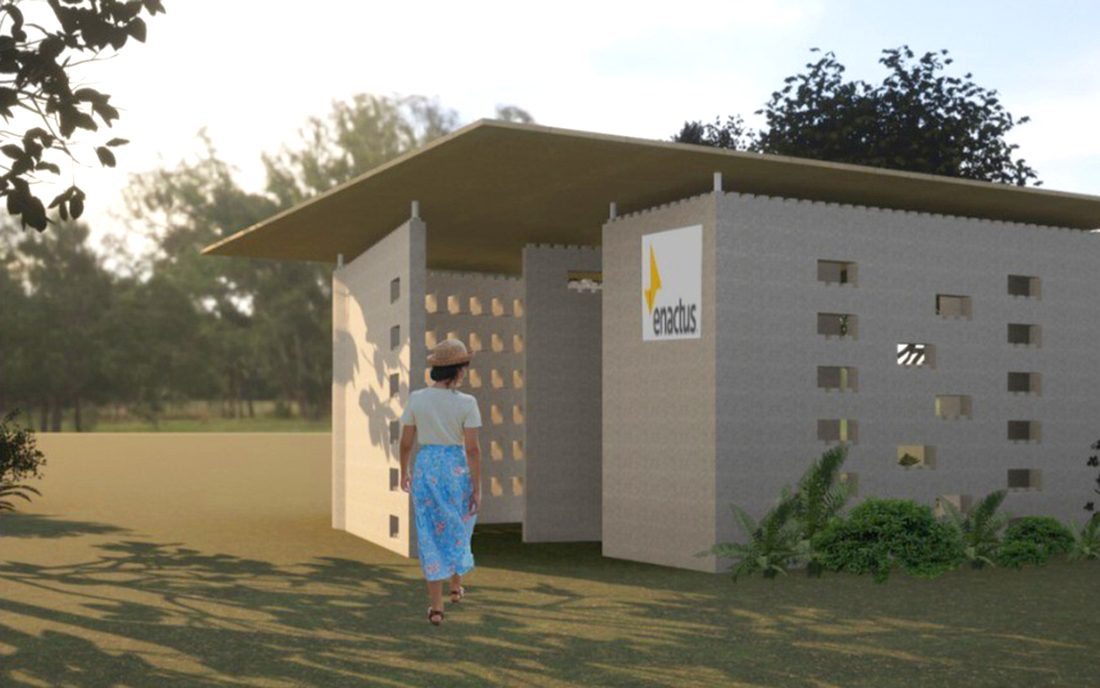
Fish’N’Bricks
We support Coral Gardeners in March 2023 with the proceeds of GOOD. You can find out more about it on our project page:
Questions, criticism, suggestions? Write us!
Andreas Renner, Co-Founder GOOD: andreas@good-search.org

